The 1991 Ghibli classic Only Yesterday is returning to selected cinemas this month from May 5th. In anticipation for its re-release, I was given the opportunity to review a Japanese copy of the film before its English debut to Australian cinemas.
The year is 1982 and Taeko Okajima is 27 and living alone. Following a decision to take a break from her city job in Tokyo and travel to the countryside, memories of her schooldays stir to the surface. As she recalls childhood crushes, puberty, and the daily frustrations of school life, Taeko wonders if she has been true to her childhood self. While working in the country and forming new friendships, Taeko begins reflecting on her past and wondering what it is she wants for her future.
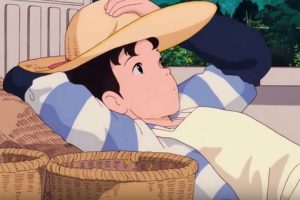
Isao Takahata was the director for Only Yesterday, while Hayao Miyazaki was the producer. If you’ve seen some of his other works, especially Grave of the Fireflies, you’ll now Takahata has a special way of presenting reality. That being said, Only Yesterday is nowhere near as tragic as Grave of the Fireflies, but in contrast to Miyazaki’s sprawling fantasies, Takahata presents us with intricate and personal realities. Taeko and her friends, both from the country and her school days are very real characters. Their personalities and personal journeys feel like something very recognisable, and not because they are hackneyed tropes, but because we recognise them from our own experiences. There’s a small segment of the movie about Taeko’s experience studying maths at school that I really connected with and it felt very personal to me. I’m sure many other viewers will find their own connections in the film too.
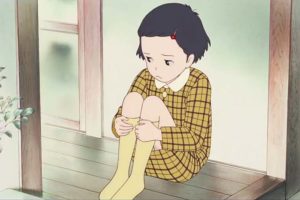
The movie is also masterfully paced, which is no wonder seeing as Takahata is a stickler for perfection. I could see this movie becoming a mess in the hands of another creative team, but every moment feels unforced and the transitions between past and future are never jarring. I can see some people growing bored with an animated movie of this style and pacing. However; I was always engaged in Taeko’s story, whether she was reminiscing about her part in a school play or talking with Toshio about organic farming while in the country. Speaking of Taeko and Toshio, I feel that it’s worth mentioning that while this movie was being made, the animators had the dialogue recorded and filmed by the actors first and then animated the scenes while referencing their facial expressions. Generally, audio is recorded first in the west, so this may not sound too strange, but in Japan the animation is created first and the audio recorded last. This film was created differently so that the adult characters and their expressions and reactions would feel as natural as possible. It might not be important to the story, but I feel like this production style gives Only Yesterday a special quality.
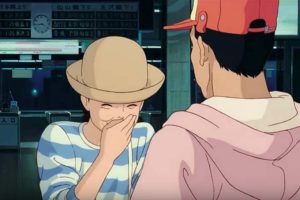
While watching the film, I did wonder whether it would feel as personal if it was shot with actors, rather than made as an animation. It feels very much like a TV drama at times, and doesn’t contain a lot of content that one would usually associate with an animated film. However, I think the answer would be no. Only Yesterday captures the intricacies of the human experience in a way that only the art of animation and the scrutiny of talented animators can provide. If the film was live-action, perhaps these moments wouldn’t feel so ethereal, or so integral. But Ghibli has always been good at portraying the smallest, and perhaps the most important parts of human behaviour and experience.
If you’re familiar with Ghibli animation, then you already know that it’s good. But for those unfamiliar with the style, I’ll walk you through it a little. Ghibli animation is the silence between action. It is the image of a child pulling on their shoes, and tapping the soles as they run so they fit right. It is someone working in a field, examining each intricate detail as they pull at the stems of plants, every now and then stopping to readjust their gloves, or take in the view around them. It is natural behaviour in unnatural and fantastical settings, and it is fantastical, magical behaviour in a person’s everyday life. It is a person crying, laughing, or smiling and sometimes it doesn’t look pretty, but it’s not supposed to be. It is colours that are perfect and characters that feel real. So you know, it’s pretty good.
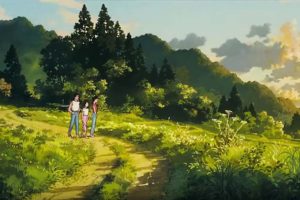
While I can’t comment on the quality of English voice acting in the new release because the original DVD has Japanese audio only, the English trailer did make a good impression on me. I’m looking forward to seeing Only Yesterday in the theatres for the first time, and if I haven’t yet convinced you that this film is worth a watch, it has one of the best endings I’ve ever seen, animated film or otherwise.
A review copy was provided by Madman Entertainment to the author for the purpose of this review.

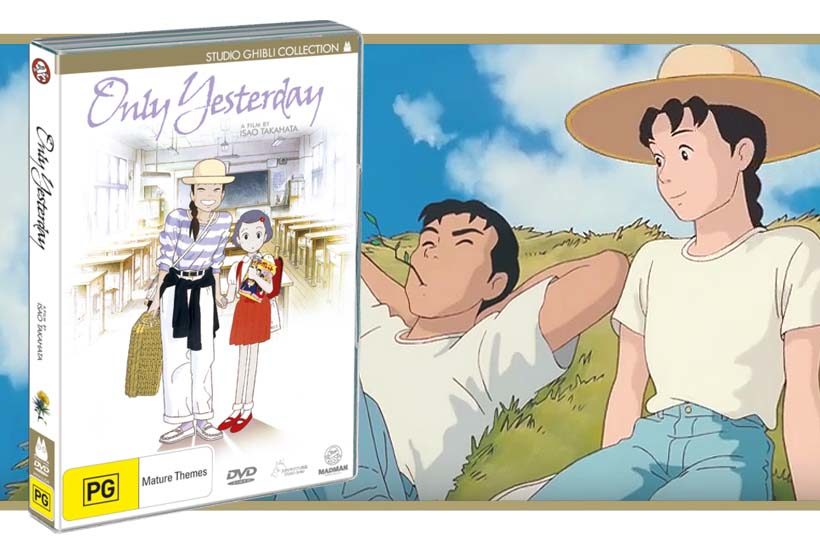
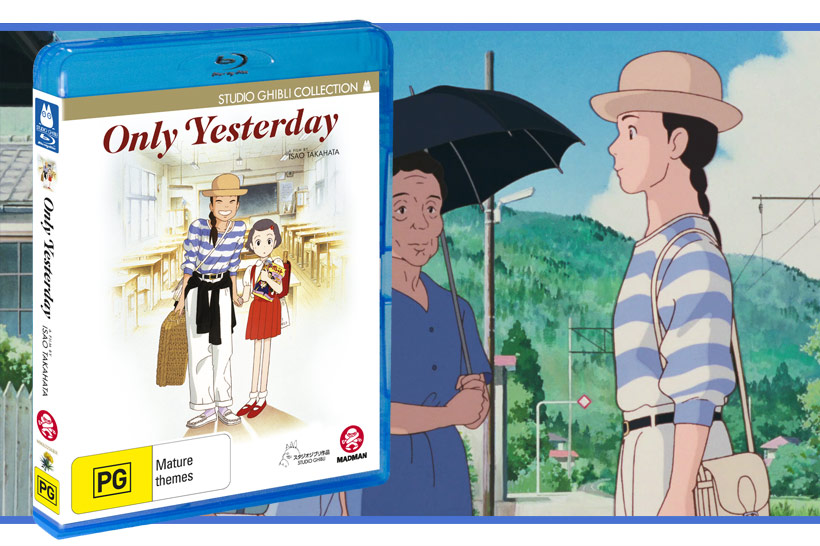
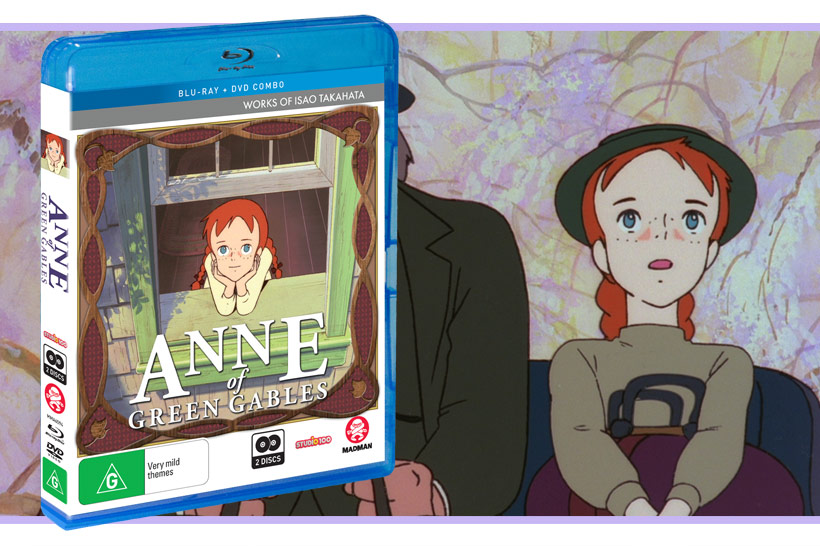
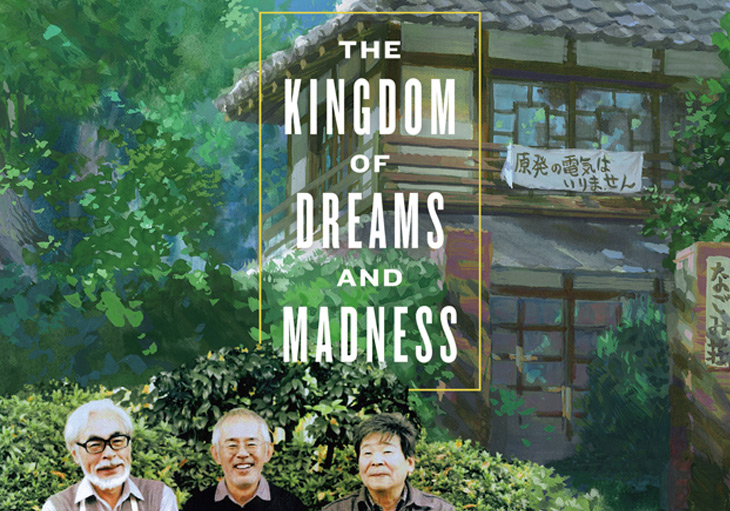
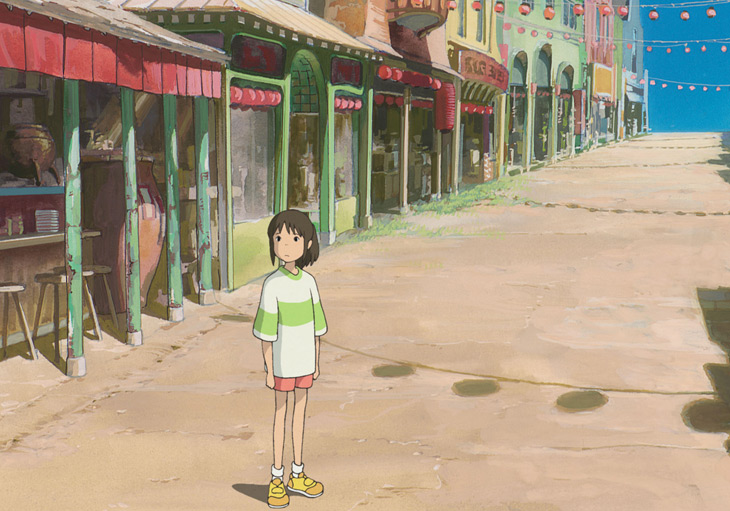
Going to see this on the weekend hopefully. Only one showing so don’t wanna miss it!